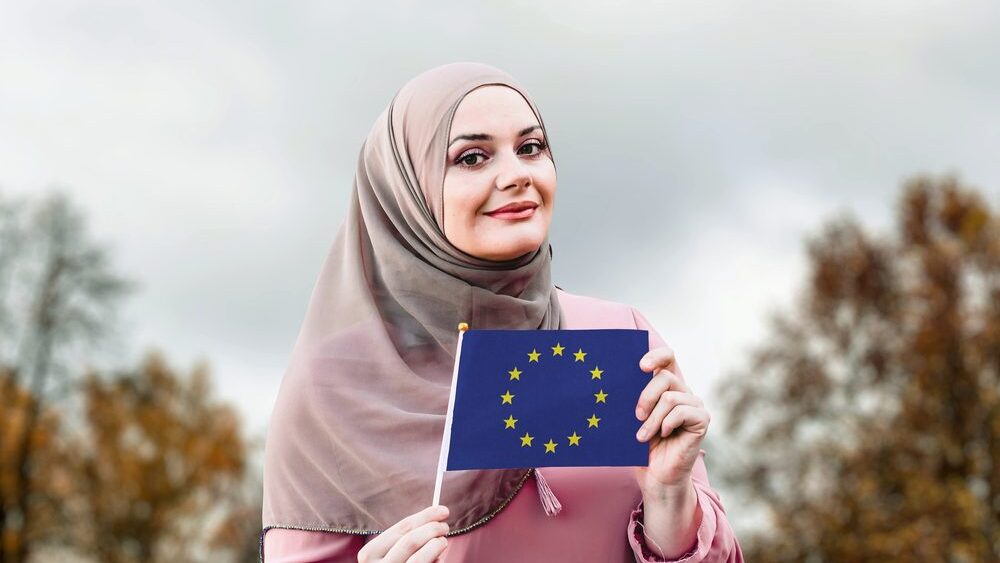
Erasmus, the European Union project for education, training youth, and sport, has launched a new grant of €22,000 for what it refers to as “Eurslam,” an Erausmus+ project aimed at Master’s degree students wishing to understand the relationships between Islam and Europe.
The project, which begins next year and ends in 2027, lists five pillars to understanding the relationship between Islam and Europe. These include:
1) the EEC/EU policy towards the Southern and South-Eastern shores of the Mediterranean; 2) the projection towards the Western Balkans and the question of enlargement, starting with the Turkish question; 3) the EEC/EU migration policies, in relation to arrivals from countries with a Muslim majority; 4) the question of freedom of religion, beliefs and worship in Europe, regarding the growing and plural Muslim presence; 5) the debate on the cultural and spiritual roots of Europe, the role of religious minorities and the possibility to defining a European Islam.
The project is based at the University of Milan in Italy and will involve professors from and outside the university, who will lecture students on subjects such as history, law, geopolitics and sociology.
The team will research and publish three publications over the course of the project and the results of the project will then be disseminated with the aid of the City of Milan to the general public in addition to policy-makers and other students.
Milan has a sizeable Muslim population and, though exact numbers are difficult to come by, a 2018 report claimed that there were as many as 115,000 foreign nationals in Italy who identified as Muslim.
The vast majority of Muslims in Italy, 1.67 million people, are foreigners, while just 493,000 Italian citizens identify as Muslim.
The new grant comes after months of controversy surrounding the Erasmus programme after most Hungarian students were banned from participating in it earlier this year.
The European Union’s move to cut off around 180,000 Hungarians from the programme, which allows students to study all over Europe, was made after Hungarian reforms in 2018 that made universities into public foundations managed by trustees.
The EU took exception to the fact a small number of trustees—around 10%—are politicians arguing that the move was a breach of the rule of law that could affect the management of the EU budget or other financial interests of the bloc.
Hungarian academics and students alike slammed the move and claimed that outside pressures from the government on their operations did not exist, and the rectors of the 21 Hungarian universities affected wrote a letter to European Commission President Ursula von der Leyen, urging her to reverse the decision.
The new Erasmus project, and its proposition of “defining a European Islam” also comes as the European Union has been displaying Islamic imagery, particularly women wearing Islamic veils or hijabs, in its communication material.
On Thursday, September 14th, Italian League MEP Silvia Sardone spoke out on the issue in the European Parliament saying,
I am ashamed of a European Union who is under the thumb of Islam. I am ashamed of a European Union that sees the Islamic veil as an instrument of integration and diversity, when, on the contrary, it oppresses women.
I am ashamed of a European Union that turns its back on the many women who want to be free, to not wear it, to dress as they prefer, to go out, to love, and to marry whoever they want.
Today, more than ever, it must be reiterated that the Islamic veil is not a symbol of freedom, but of submission. No to the Islamic veil!
